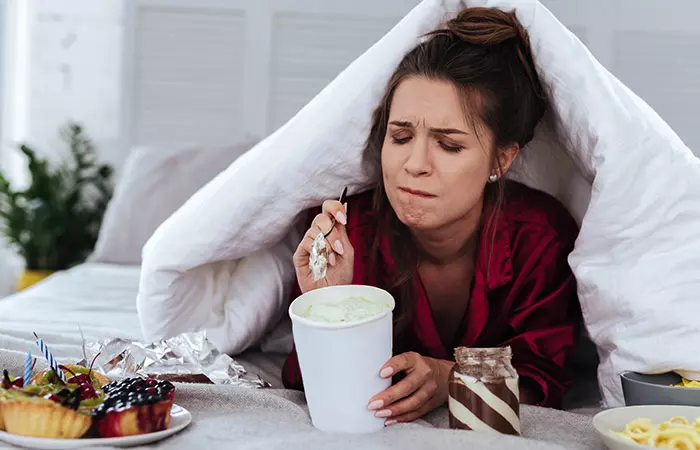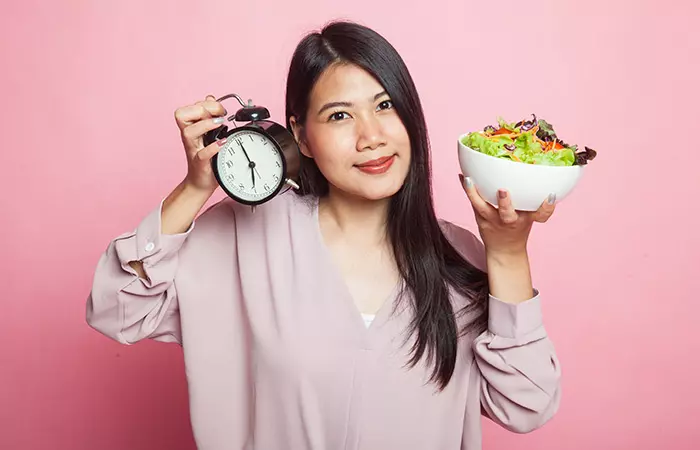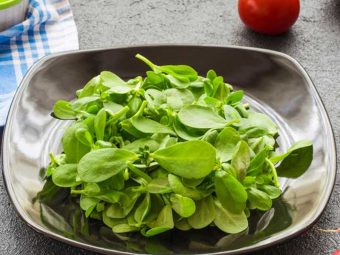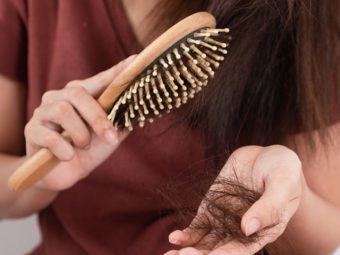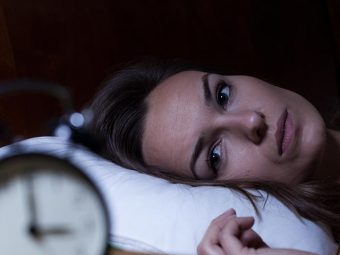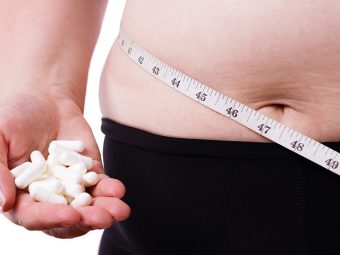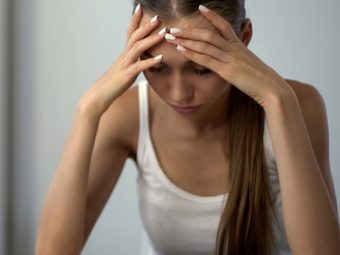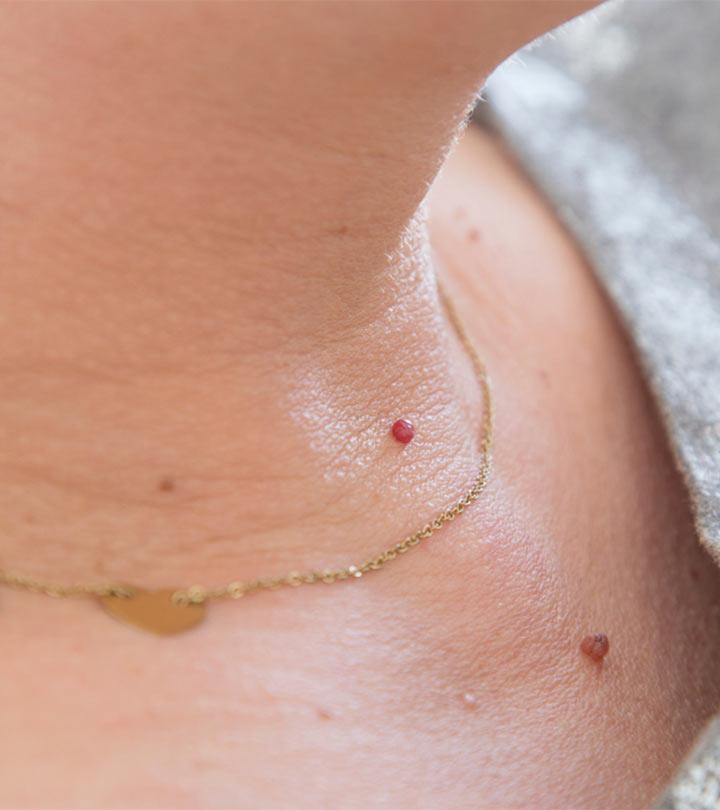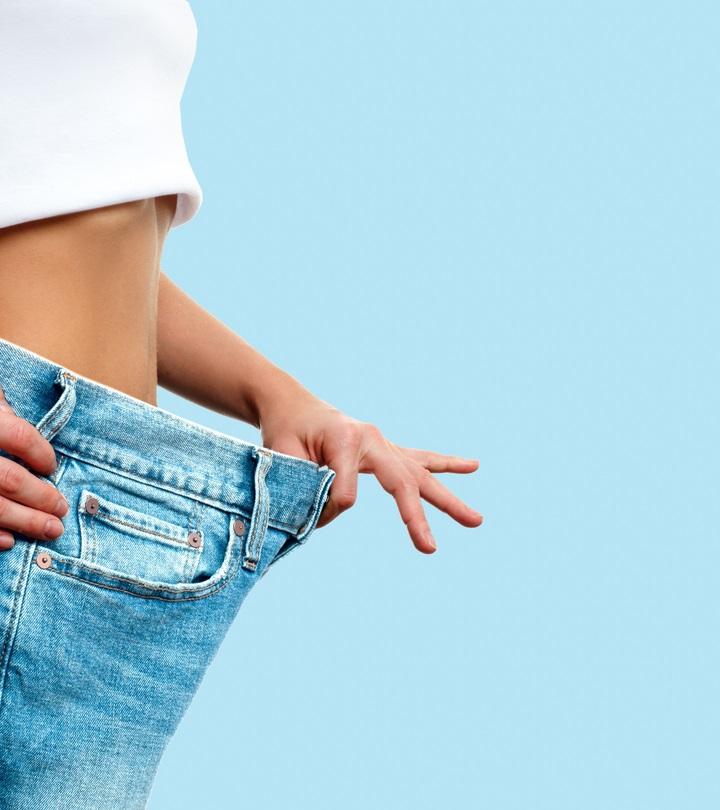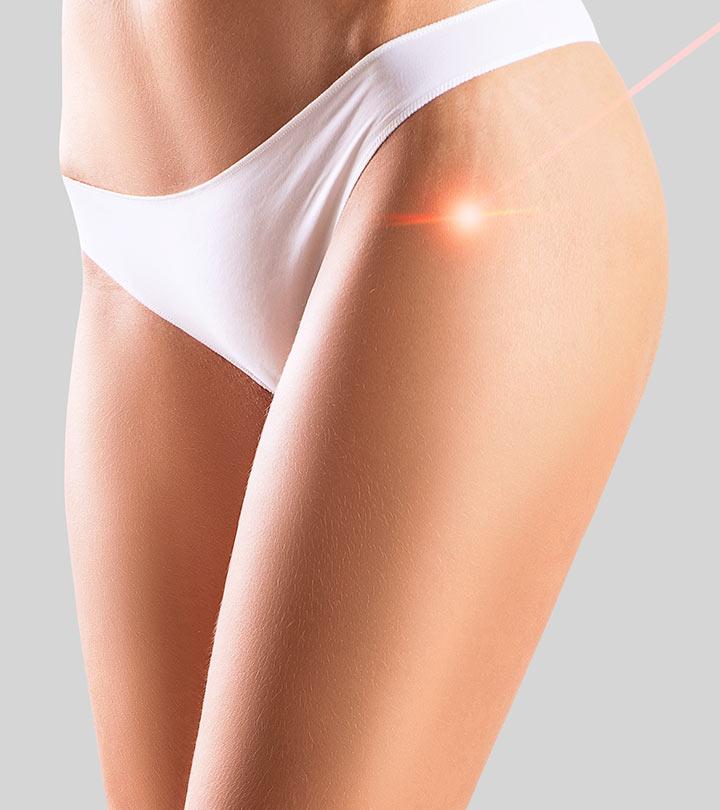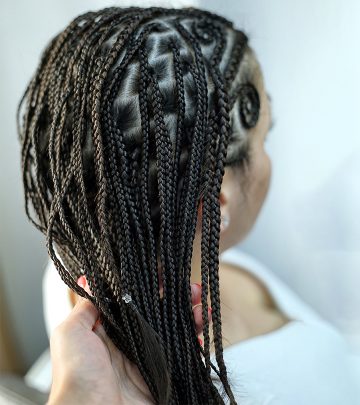How Diet Affects Your Sleep
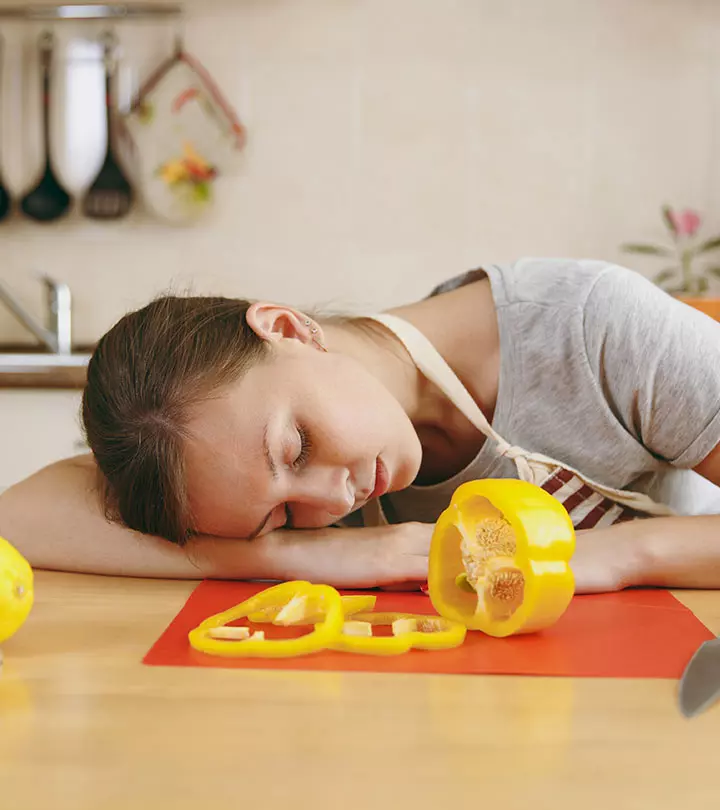
Image: Shutterstock
Have you ever felt sleepy after having a particularly heavy meal? Are you also dependant on your morning cuppa’ joe to shake you out of early-morning slumber? You might not know this, but every morsel of food that you put in your body affects your sleep. In fact, if you answered yes to any of the questions that I asked you at the beginning of this article, it’s a testament to this that diet does have an effect on our sleep.
Actually, these two parts of our lives are so intimately and irrevocably connected with each other that they have greater consequences for our physical and mental health as well. To make sure that all our health-conscious readers are aware of these connections we decided to make a list of all the ways in which the food we consume daily, affects our sleep and what it means for our health in general. Here’s the list-
1. Nicotine And Caffeine Are Midnight Marauders
It’s common knowledge that caffeine is a stimulant that actually counteracts the effects of neurotransmitters which are responsible for making you feel sleepy. In fact, it also increases the secretion of adrenaline in the body making us more wakeful and alert (1). Perhaps, that’s why you can’t function before having your morning cup of coffee. But, did you know that it stays in your bloodstream for about 5-6 hours? So the next time you want to have a late-evening coffee it’s better to go for decaf (2).
But enough about coffee, when it comes to sleep, your innocent sutta is not so innocent. The nicotine in your cigarette is also a major stimulant which makes it harder to fall asleep. And when you are finally able to hit the sack, nicotine-withdrawal kicks in which makes it difficult to get restful sleep (3).
2. A Little Night Cap Can Hurt Your Precious Zzzs
A lot of people self-medicate with alcohol in order to fall asleep, but it’s not necessarily the right way to go about it. Drinking alcohol can induce sleep, but the quality of sleep is not great and can actually tire you. Consumption of alcohol hastens the production of a sleep-inducing compound called adenosine in our body which is why you feel drowsy after having alcohol, but it quickly subsides as well, making you wake up in the middle of the night (4). This kind of sleep is not restorative and doesn’t provide you with the proper rest that you need.
3. For A Good Night’s Sleep, Avoid Sugary Foods
According to Sleep.org, eating a lot of sugar during the day increases the likelihood of you getting up in the middle of the night. In fact, too much consumption of sugar during the day can also lead to an energy crash. This happens because eating a large amount of sugar reduces the activity of orexin cells, which makes you feel sleepy. This is why you feel sleepy after having a particularly lavish lunch (5).
4. A Glass Of Milk Before Bed Does Make You Sleep Better
Even though there’s no scientific proof of this but milk is known to contain a chemical called tryptophan, which is known to induce sleep. More than that, the ritual of having a glass of warm milk before hitting the sack has a psychological association with the idea of sleep, which can be why it seems to help some people fall asleep (6).
5. Avoid Heavy Dinners If You Want To Sleep Well
You must’ve heard your elders say, “One should eat breakfast like a king, lunch like a prince and dinner like a pauper”. If you want to get a good night’s sleep, this is one piece of advice you shouldn’t ignore. Eating heavy, spicy food may lead to acidity, and you can suffer from issues like heartburn. Besides, having a heavy dinner can also make you feel heavy since your body might take longer to digest which can again be the reason for your fitful sleep.
6. When You Eat Matters As Much As What You Eat
What we eat also regulates our circadian rhythms, which is our body’s inner clock. The circadian rhythm is the timetable followed by our body, it tells us when to eat, when to get up, when to go to bed, etc. If you change your eating patterns drastically by shifting the timing around or even what you eat, it can mess up with your circadian rhythm. This can mean you won’t feel sleepy when you’re supposed to, leading to fatigue and tiredness the next day (7).
These are just some of the ways in which our diet affects our sleep. Undisturbed sleep is necessary for the body to function at its optimum capacity. In fact, getting insufficient sleep can put you at risk of diseases such as diabetes, cardiovascular issues, and even obesity. So, the next time you feel like having a midnight snack or feel like having a glass of wine before bed, you need to think if it’s worth sacrificing your sleep to satisfy that craving.
What are your tips for getting a good night’s sleep? Let us know in the comments section.





